- JST Home
- /
- Strategic Basic Research Programs
- /
 PRESTO
PRESTO- /
- project/
- Fundamental Understanding of Age-Related Organismal Transformations/
- [Aging] Year Started : 2022
[Aging] Year Started : 2022
Yuichiro Arima
The relationship between ketone body metabolism and aging phenotypes
Grant No.:JPMJPR2281
Researcher
Yuichiro Arima
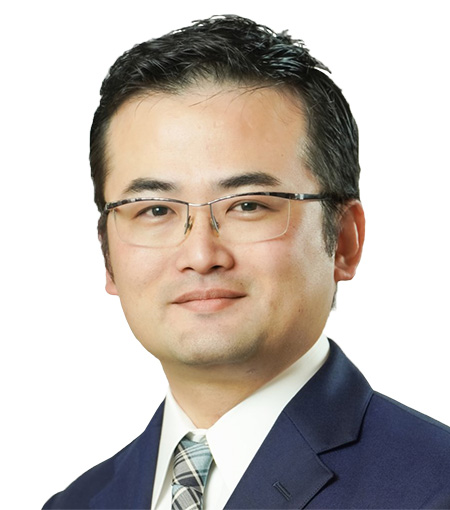
Associate Professor
Faculty of Life Science
Kumamoto University
Outline
Ketone bodies are metabolites produced during fasting. Recent reports have represented that moderate dietary restrictions and fasting lead to healthy longevity, the function of ketone bodies is also attracting attention. However, ketone bodies have various effects, and it is not clear what actually influences them. Therefore, in order to verify the effects of ketone bodies on aging, this study clarifies the effects of ketone body metabolism on age related changes by making full use of genetically modified and engineered mice models. In particular, I will construct the model that can fully control ketone body metabolism using optical manipulation techniques and remote sensing and regulation systems.
Ryo Ichijo
A novel aging mechanism focusing on the deep skin layers
Grant No.:JPMJPR2282
Researcher
Ryo Ichijo
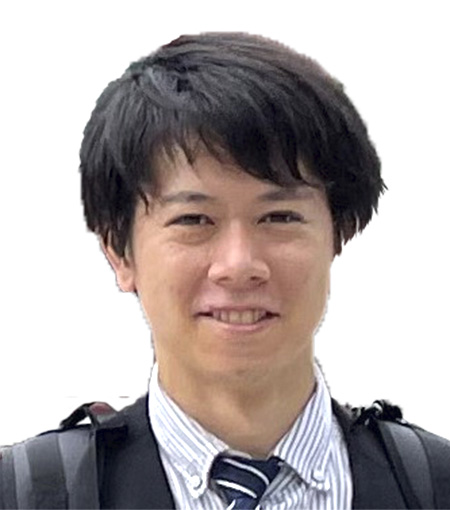
Assistant Professor
Institute for Life and Medical Sciences
Kyoto University
Outline
Skin is composed of epidermis, dermis, and hypodermis. Many studies focusing on the epidermis and dermis have been reported. But how the deep skin layers are affected by ageing and how it affects skin tissues are unknown. In this study, I try to elucidate novel mechanisms for aging by imaging, single cell RNA sequencing technology, and transplantation focusing on the deep skin tissues.
Akiyoshi Uezumi
Elucidation of the mechanisms underlying skeletal muscle integrity by localization-dependent features of mesenchymal stromal cells
Grant No.:JPMJPR2283
Researcher
Akiyoshi Uezumi
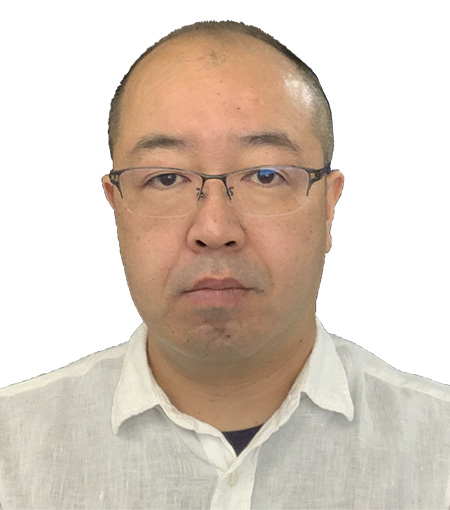
Professor
Medical Institute of Bioregulation
Kyushu University
Outline
Skeletal muscle aging, known as sarcopenia, is a major social problem. The mesenchymal stromal cells within muscle tissue (muscle MSCs) maintain muscle homeostasis, and loss of function of these cells contributes to the onset of sarcopenia. Muscle MSCs have several characteristic localizations in muscle tissue and are thought to play different roles depending on their localization. In this study, I will elucidate the localization-dependent features of muscle MSCs and their age-related changes. In addition, based on the findings obtained, I aim to develop strategies for the prevention and treatment of sarcopenia.
Izumi Ohigashi
Research on the mechanism of thymic epithelial cell alteration in age-related thymic involution
Grant No.:JPMJPR2284
Researcher
Izumi Ohigashi
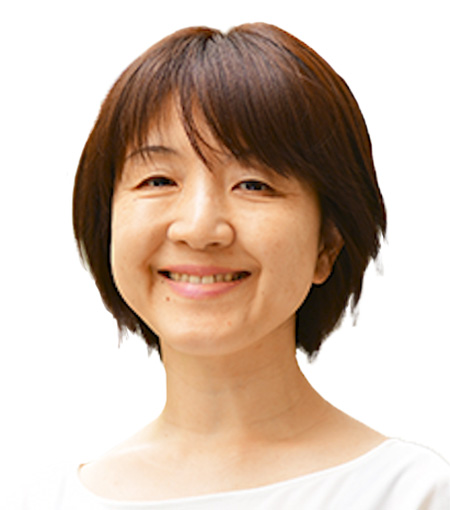
Professor
Institute of Advanced Medical Sciences
Tokushima University
Outline
The thymus, the primary lymphoid organ responsible for T cell development, is the first organ to undergo age-related involution. The thymic involution results in the reduction of T cell production, leading to the decline of immune function and the development of age-related diseases. This study aims to clarify the impact of the alteration of cellular metabolisms and autophagy functions in the process of thymic involution on thymic epithelial cells that are responsible for the thymus functions. Furthermore, this study also explores the meaning of thymic involution, which is induced earlier than most acknowledged features of aging, for our body.
Sayako Katada
Unveiling the central mechanism of brain fluid homeostasis in the choroid plexus as a aging target
Grant No.:JPMJPR2285
Researcher
Sayako Katada
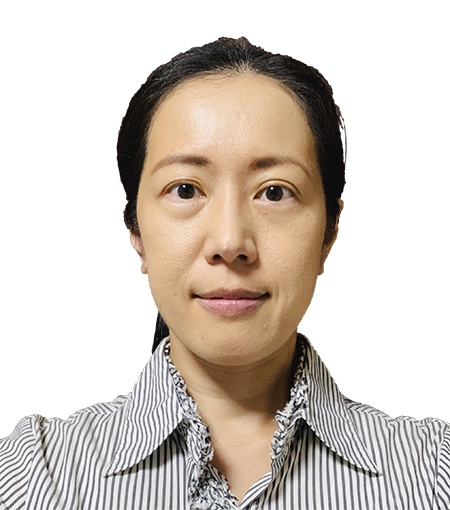
Associate Professor
Center for iPS Cell Research and Application
Kyoto University
Outline
In exchange for the highest life expectancy, Japanese elderly face the risk of high prevalence of dementia, however age-associated cognitive decline shows large individual differences. This study has focused on the choroid plexus that produces cerebrospinal fluid and serves as a center for brain fluid homeostasis. We have previously performed RNA-seq and behavior analyses and found that the choroid plexus-expressed genes and the learning memory ability has strong correlations and substantially differ among individuals in aged mice. Therefore, unveiling senile degeneration of choroid plexus would be a key for understanding age-related memory impairment, which is largely different depending on the person. This study has potential to provides novel therapeutic targets for age-associated brain disorders such as Alzheimer’s disease.
Go Nagamatsu
Elucidation of the mechanism of oocyte aging by the study of maintenance of dormant state of oocyte in primordial follicle
Grant No.:JPMJPR2286
Researcher
Go Nagamatsu
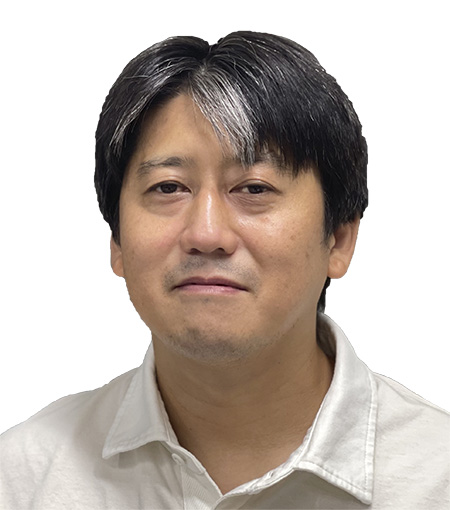
Professor
Graduate Faculty of Interdisciplinary Research
University of Yamanashi
Outline
Age-related changes in oocytes can be recognized from two aspects: qualitative functional decline and quantitative decline. I would like to elucidate the mechanism through the understanding of maintenance of dormant state of oocyte in primordial follicle, which is the starting point of oocyte formation. The results obtained in this research will serve as a basis for solving the aging problem in assisted reproductive medicine.
Emi Hasegawa
Elucidation of sleep abnormalities associated and neuroscientific understanding of Immune alterations with aging
Grant No.:JPMJPR2287
Researcher
Emi Hasegawa

associate professor
Department of Systems Biolog
Kyoto University
Outline
I will clarify how neuronal cell populations, the neural circuits, the neural activity and gene expression involved in sleep/wake regulation mechanisms change during aging, and what changes cause the sleep alterations associated with aging. Furthermore, I will explore how immune system responses to sleep/wake state, and propose sleep intervention to extend healthy lifespan.
Syota Matsumoto
Analyses of molecular mechanisms of progeroid syndrome by new generation cryo-electron microscopy
Grant No.:JPMJPR2288
Researcher
Syota Matsumoto

Research Assistant Professor
Institute for Quantitative Biosciences
The University of Tokyo
Outline
We have a unique defense mechanism called DNA repair, which eliminates bulky lesions on our genome. The defect of DNA repair pathway is known to cause various diseases and symptoms including progeroid syndrome. However, the reason remains to be understood why progeroid syndrome is developed due to the defect of DNA repair pathway. The objective of this study is to directly observe cellular nucleus using integrated fluorescent light and cryo electron microscopy, we call it new generation microscopy. I will figure out how DNA repair mechanism proceed in cells and contribute to elucidate the mechanisms of progeroid syndrome.
Tomoichiro Miyoshi
Mechanisms of a retrotransposon-mediated aberrant immune response during cellular senescence
Grant No.:JPMJPR2289
Researcher
Tomoichiro Miyoshi
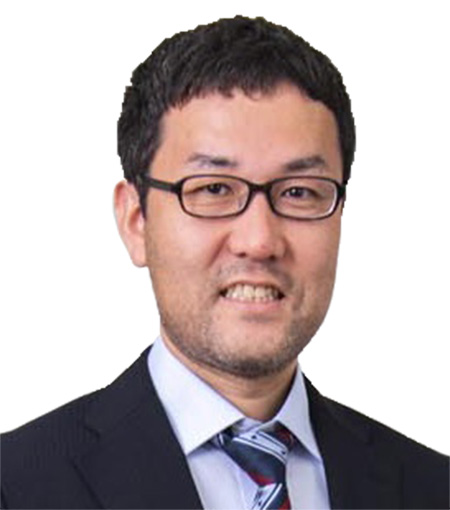
Team Directorr
Center for Integrative Medical Sciences
RIKEN
Outline
It has been suggested that aberrant expression of retrotransposons is involved in age-related diseases with abnormal immune responses. However, their regulation and the mechanisms are still poorly understood. I try to elucidate how human L1 retrotransposons cause immune responses and DNA damage associated with chronic inflammation by proteomics and transcriptome analyses. Furthermore, this study aims to develop a method to manipulate this process during senescence.
Naoto Yoshinaga
Analysis of the aging process induced by mitochondrial DNA mutation
Grant No.:JPMJPR228A
Researcher
Naoto Yoshinaga
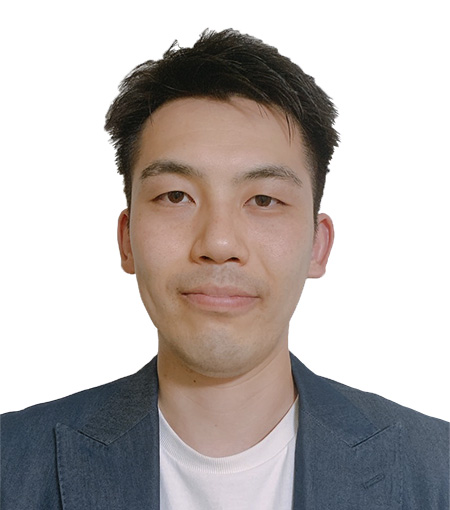
Special Postdoctoral Researchers
Center for Sustainable Resource Science
RIKEN
Outline
It is quite important to study the change in cellular functions caused by the mitochondrial DNA (mtDNA) mutation, which can occur by aging. However, the alteration of cellular functions by mtDNA mutation during aging has not been examined because no effective mtDNA editing technology has been established. Thus, in this study, I will develop an efficient mtDNA editing system by using a peptide-based mitochondria-targeting gene delivery system, which was developed by myself. I will explore the relationship between mtDNA mutation and alteration of cellular functions by multi-omics analysis. The findings will contribute to reveal the aging mechanisms by mtDNA mutation.
Toshiaki Watanabe
The anti-aging mechanism in primate spermatogonial stem cells
Grant No.:JPMJPR228B
Researcher
Toshiaki Watanabe
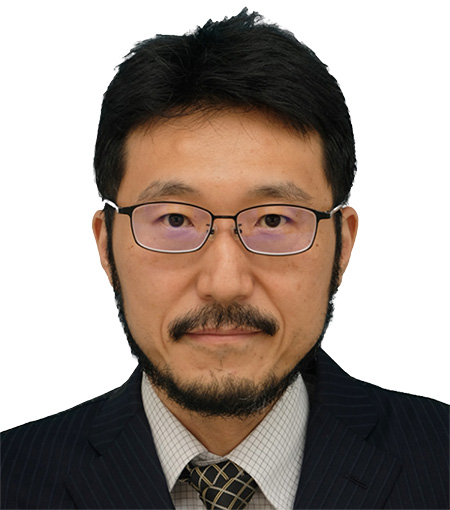
Profession
Center For Regenerative Medicine
National Center For Children Health and Development
Outline
The number of mutations introduced in a single generation is not so different between mice and humans, despite the great difference in lifespan between the two species. This suggests the presence of strict mechanisms for keeping genomic integrity in primates. These mechanisms serve to prevent developmental abnormalities in long-lived primates. In this study, I reveal the mechanisms that suppress mutations in primate spermatogonial stem cells.













